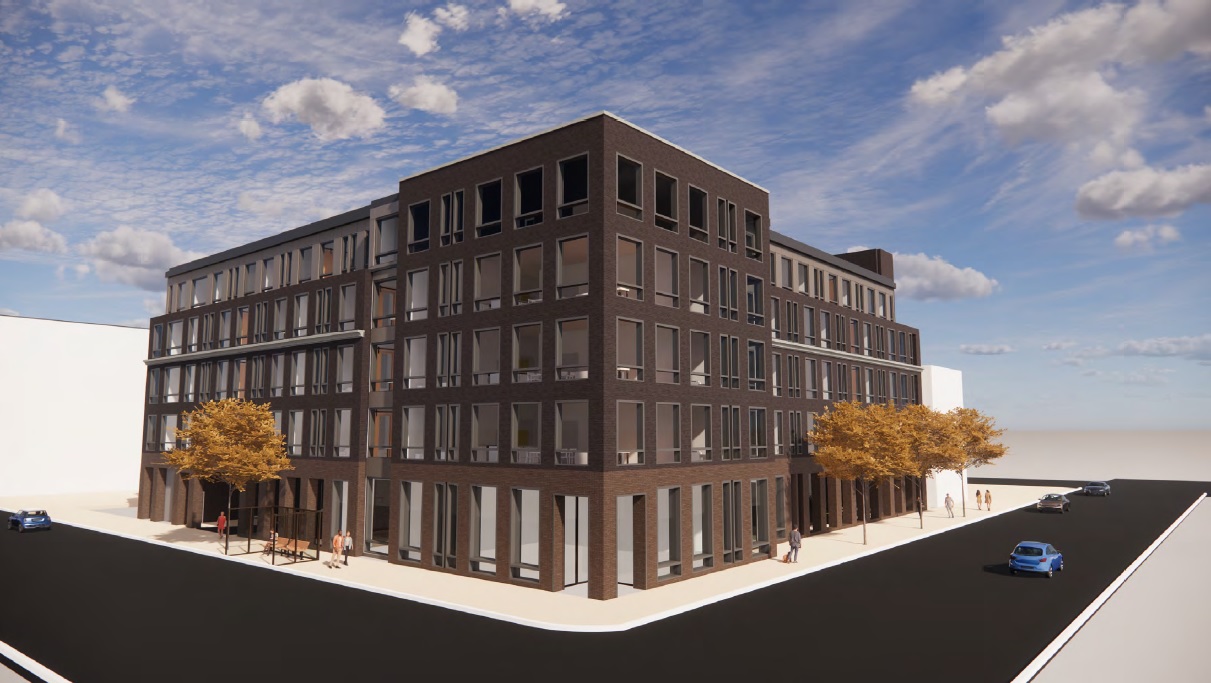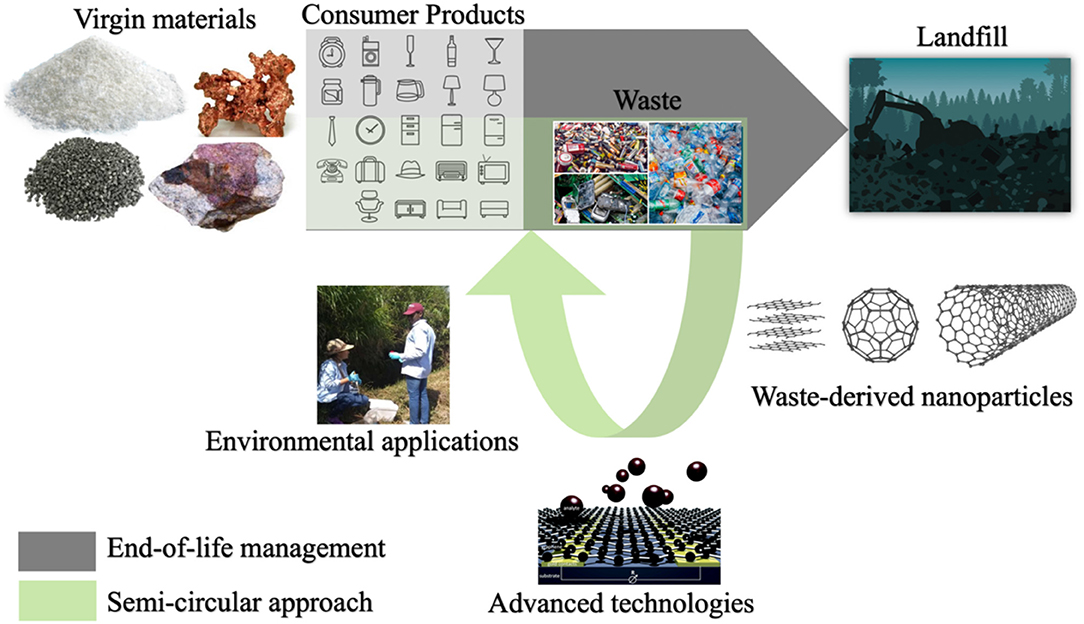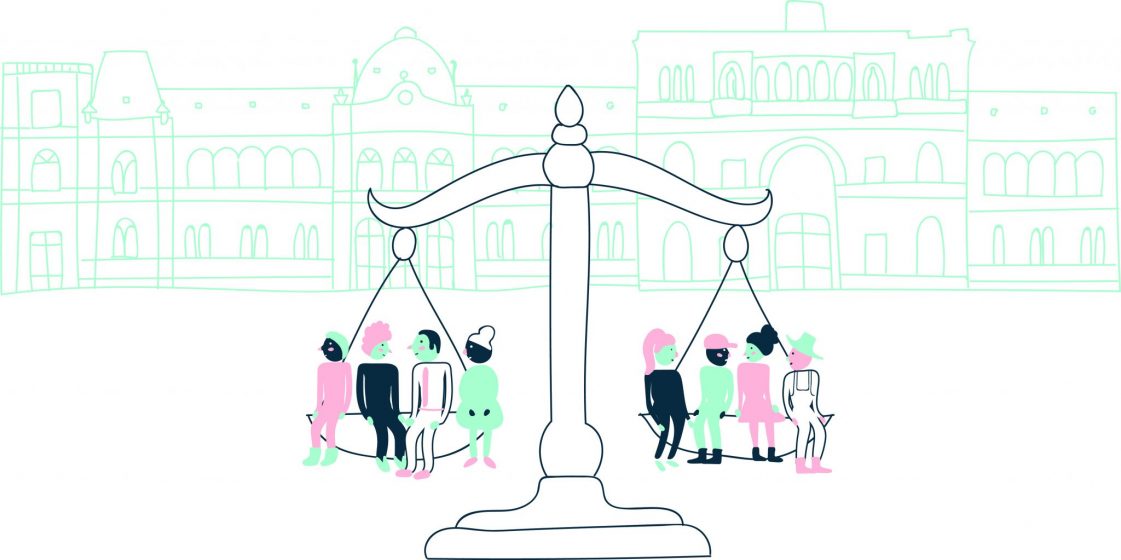Report on Assemblis Platform and the Global Citizens’ Assembly in Support of Sustainable Development Goals
Assemblis’ purpose is to support the Global Mutirão, Brazil’s flagship initiative of collective community action.
Introduction
The Brazilian Presidency of COP30 has officially designated Assemblis, the digital platform of the Global Citizens’ Assembly, as the primary tool for citizen participation. This designation aligns with the Sustainable Development Goals (SDGs), particularly SDG 13 (Climate Action), SDG 16 (Peace, Justice, and Strong Institutions), and SDG 17 (Partnerships for the Goals), by promoting inclusive global climate action and amplifying citizen voices in climate discussions.
Assemblis Digital Platform
Assemblis is a newly developed digital platform designed to enable individuals and communities interested in climate reform to:
- Join assemblies
- Plan collective actions
- Contribute solutions
- Call on leaders to act at COP30 and other critical climate decision-making forums
The platform supports the Global Mutirão initiative, Brazil’s flagship program for collective community action. Assemblis collects local inputs from communities worldwide and transforms these into global insights by mapping contributions. This process highlights how public voices influence high-level climate decisions, directly supporting SDG 13 and SDG 16.
Role at COP30
COP30, scheduled to be held in Brazil from 10 to 21 November 2025, will feature the Global Mutirão as a key voice for communities. The initiative aims to shape the climate agenda by incorporating diverse community perspectives, thus advancing SDG 13 through inclusive and participatory climate governance.
Expanding Space for Citizen Voices
Global Citizens’ Assembly Growth and Participation Avenues
The Global Citizens’ Assembly, first piloted at COP26 in Glasgow, has evolved into a global institution targeting 10,000 participants by COP30. This year, it focuses on four main participation avenues to influence the climate agenda:
- Civic Assembly: Comprising 150 individuals selected by lottery to represent global diversity, this assembly discusses global climate concerns informed by scientific knowledge and community insights. Recommendations will be presented at COP31.
- Community Assemblies: Localized discussions where communities share climate impacts and debate solutions, emphasizing lived experiences and frontline innovations. This supports SDG 11 (Sustainable Cities and Communities) and SDG 13.
- Coalition: Facilitates collective participation among governments, civil society organizations, universities, and multilateral bodies, promoting SDG 17.
- Culture: Utilizes films, music, and media to raise awareness and shift the climate discourse toward a people-centered narrative, supporting SDG 4 (Quality Education) and SDG 13.
Significance of Assemblis and Global Mutirão
Maria Augusta Arruda, senior consultant to Brazil’s Ministry of Foreign Affairs, emphasized the importance of democratizing solutions and finding common ground. Assemblis enables discovery and partnership with communities that possess innovative climate solutions but may be currently unknown, such as small communities in Malawi. This approach fosters SDG 10 (Reduced Inequalities) and SDG 13.
Rachel Kyte, UK Special Representative for Climate Change, highlighted the pragmatic and specific needs of communities worldwide, including Bali, Sumatra, the Philippines, and Vietnam. Assemblis facilitates the expression of these needs and connects them to serious policy conversations, reinforcing SDG 13 and SDG 16.
Conclusion
The Assemblis platform and the Global Citizens’ Assembly represent significant advancements in inclusive climate governance, directly contributing to multiple Sustainable Development Goals. By empowering citizen participation, fostering local-to-global dialogue, and integrating diverse voices into climate policy, these initiatives exemplify collaborative action essential for achieving SDG 13 and related goals.
1. Sustainable Development Goals (SDGs) Addressed or Connected
- SDG 13: Climate Action – The article focuses on climate reform, citizen participation in climate decision-making, and collective community action to address climate change.
- SDG 16: Peace, Justice and Strong Institutions – The emphasis on inclusive citizen participation, democratic solutions, and global assemblies aligns with strengthening institutions and promoting inclusive decision-making.
- SDG 17: Partnerships for the Goals – The article highlights collaboration among governments, civil society organizations, universities, and multilateral bodies, reflecting partnerships to achieve sustainable development.
2. Specific Targets Under Those SDGs
- SDG 13: Climate Action
- Target 13.3: Improve education, awareness-raising and human and institutional capacity on climate change mitigation, adaptation, impact reduction, and early warning.
- Target 13.b: Promote mechanisms for raising capacity for effective climate change-related planning and management in least developed countries and small island developing States, including focusing on women, youth, and local and marginalized communities.
- SDG 16: Peace, Justice and Strong Institutions
- Target 16.7: Ensure responsive, inclusive, participatory and representative decision-making at all levels.
- SDG 17: Partnerships for the Goals
- Target 17.17: Encourage and promote effective public, public-private and civil society partnerships, building on the experience and resourcing strategies of partnerships.
3. Indicators Mentioned or Implied to Measure Progress
- Indicator for Target 13.3: Number of people participating in climate assemblies and educational platforms like Assemblis, reflecting increased awareness and capacity building.
- Indicator for Target 16.7: Proportion of population participating in inclusive decision-making processes at local and global levels, as evidenced by the Global Citizens’ Assembly and community assemblies.
- Indicator for Target 17.17: Number and diversity of partnerships formed among governments, civil society organizations, universities, and multilateral bodies involved in climate action initiatives.
- Additionally, the use of digital platforms like Assemblis to map community inputs and track contributions globally implies data collection and monitoring mechanisms to assess citizen engagement and influence on policy.
4. Table: SDGs, Targets and Indicators
| SDGs | Targets | Indicators |
|---|---|---|
| SDG 13: Climate Action |
|
|
| SDG 16: Peace, Justice and Strong Institutions |
|
|
| SDG 17: Partnerships for the Goals |
|
|
Source: carboncopy.info







